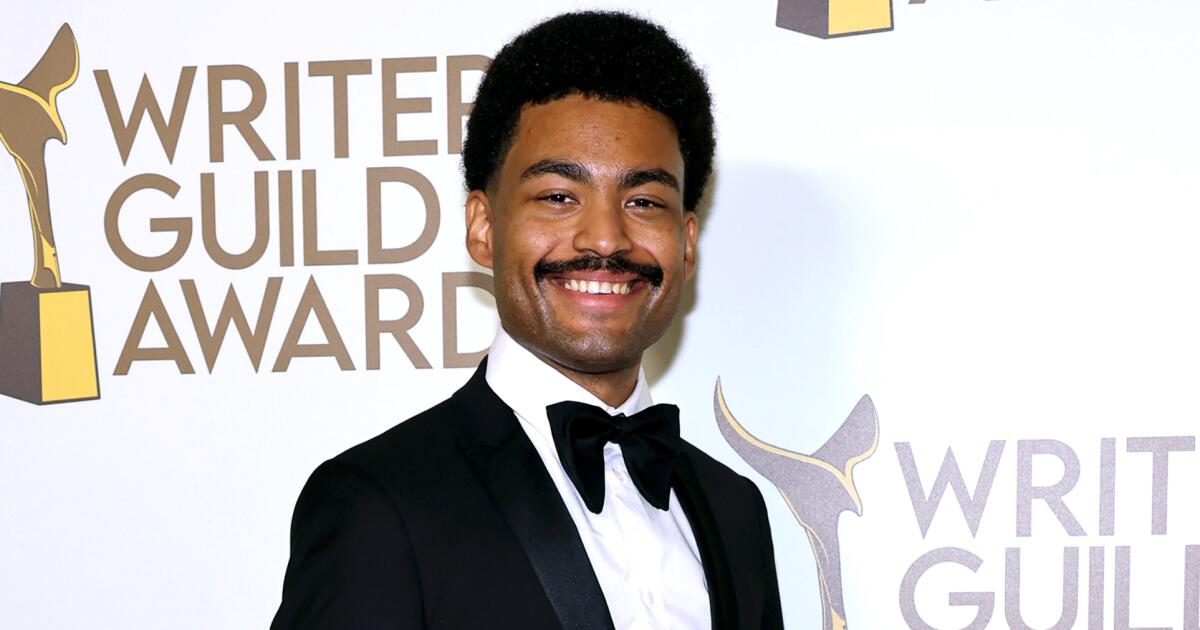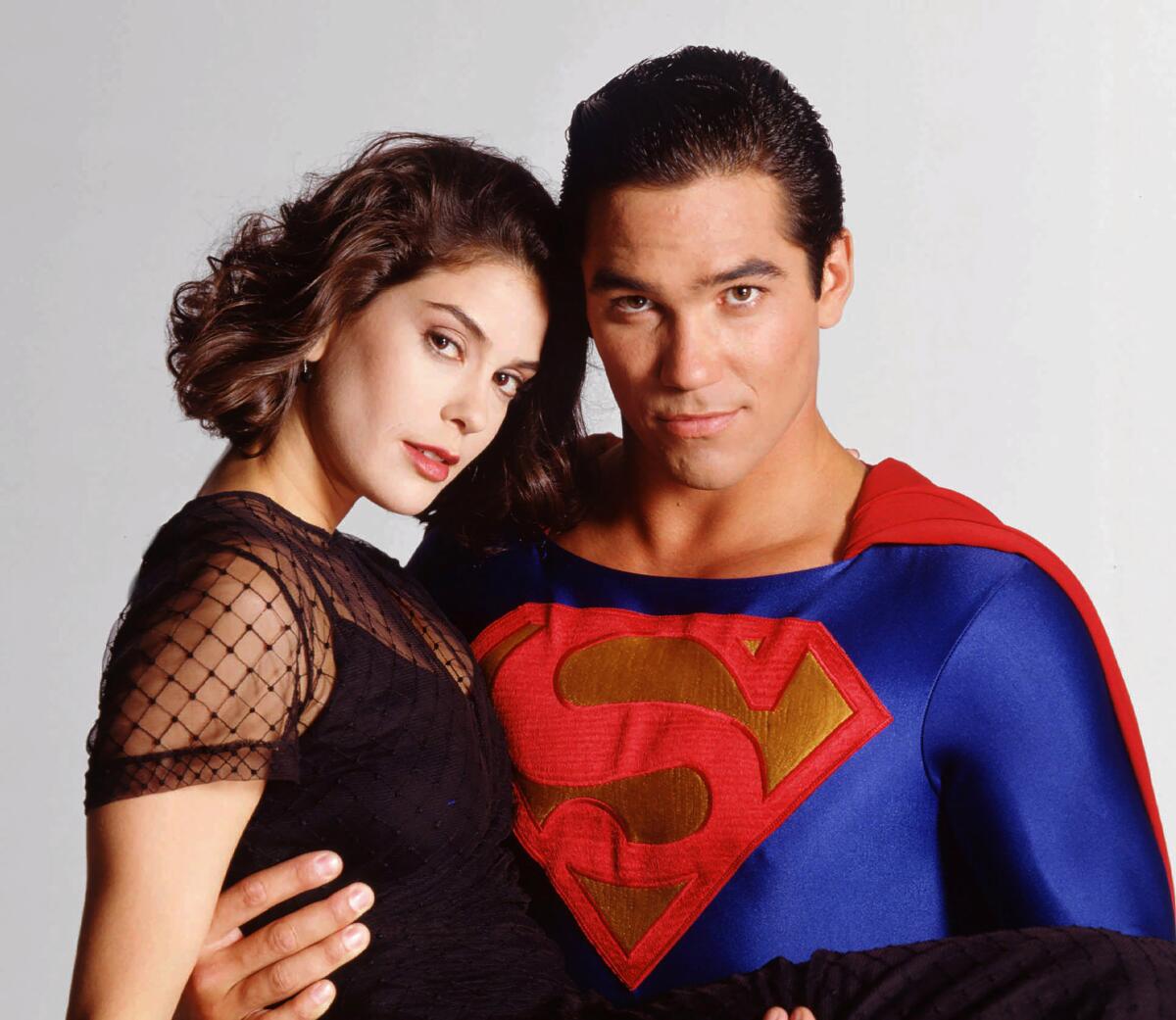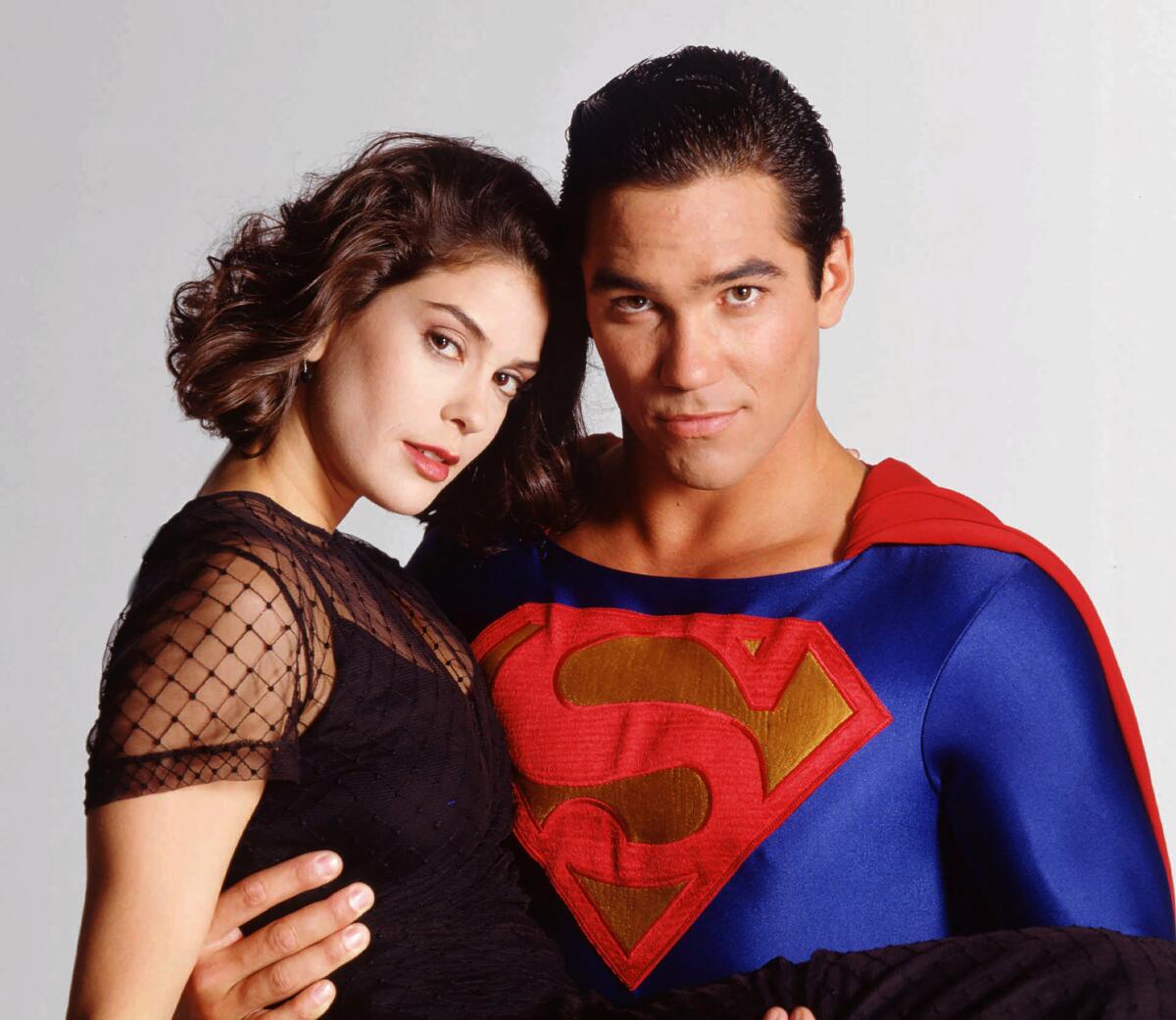“The Summer I Turned Pretty” is the second series in as many months to directly warn its audience about cyberbullying. Posting on its official social media accounts, the Prime Video series issued a “PSA for the Summer community”: “We have a ZERO tolerance policy for bullying and hate speech. If you engage in any of the following you will be banned.” Fans were cautioned against “hate speech or bullying,” “targeting our cast or crew” and “harassing or doxxing members of the community.”
This comes on the heels of “Love Island USA” releasing similar warnings. Last month, host Ariana Madix called out “fan” behavior on the series’ recap show, “Aftersun.” “Don’t be contacting people’s families. Don’t be doxxing people. Don’t be going on Islanders’ pages and saying rude things,” she said. The show’s social accounts subsequently followed up with the message: “Please just remember they’re real people — so let’s be kind and spread the love!”
So this is where we are. Online discourse has become so toxic that television series are forced to address it in their publicity campaigns. It’s difficult to know whether to applaud or weep. Maybe both.
Certainly having television creators, and their social media teams, address a decades-long problem directly and proactively is far preferable to the more traditional entertainment industry approach. You know, waiting until some unfortunate actor or contestant is buried under an avalanche of hate speech before appearing shocked and horrified that such a thing could happen among (fill in the blank) fan base. (We will never forget, Kelly Marie Tran!)
Whether these warnings will be duplicated or prove effective remains to be seen. Studies suggest that cyberbullies who have their posts removed are less likely to repost and perhaps being called out by shows they watch will give some “fans” pause before they vent their spleen online.
It is still maddening that after years of research on the prevalence and dangers of cyberbullying, we are apparently relying on “Love Island” and “The Summer I Turned Pretty” as a first line of defense against behavior that has been proved to cause suicide, self-harm and a host of mental illnesses.
Obviously, something is very wrong. With the medium and its message.
When the internet became widely available, it promised to be an endless library of art and information. Instead, its most popular feature was easy (and often quite unintentional) access to porn.
So should we have been surprised when fan sites and social media platforms, built to allow free, unfettered and quite often anonymous discourse, became equally at risk for humanity’s less sterling qualities? Should it have been a revelation that certain film and television fans would behave badly when something occurred in their beloved universe that they did not like?
Have you ever been to Dodger Stadium?
Nothing about the impulses or language of cyberbullying is new. Hate mail has existed since writing was invented —poison pen letters caused a criminal crisis in the early 20th century — and celebrities have always been in danger of the “build ‘em up and tear ‘em down” fan flex.
What’s new (or new-ish) are the platforms that encourage such things. Poison pen letters are illegal. Poisonous posts are part of the social media business plan.
Yes, those who hate-post should take personal responsibility and our culture, like our politics, has grown more divisive and, frankly, mean. Social media at best allows and at worst encourages us to post things we might never say to a person standing in front of us. Commentary as blood sport.
Looking back, there was such heartbreaking optimism about the role social media would play in art, particularly television. Creators could actively engage with fans in real time and deepen audience commitment. A viral video or a clever Twitter campaign could save marketing departments millions. And celebrities could post their own “in real life” pictures, potentially thwarting the paparazzi, as well as stories, statements and confessionals, thereby avoiding the need for interviews over which they had far less control.
DIY publicity and deeply personal fan engagement — what could go wrong?
DIY publicity and deeply personal fan engagement, that’s what.
Say what you will about the old days when artists had to rely on legacy media for publicity — if readers had something bad to say, they shared it with the publication, which had standards about what letters would be made public. Direct contact with public figures was quite difficult — even fan mail was read and sorted by publicity departments and secretaries.
Now most everyone is accessible on one platform or another and there are very few standards.
Having leveraged the unpaid labor of millions to create profitable platforms, social media owners are not interested in providing basic consumer protection. Using the most facile definition of free speech — which is the right to voice opinions without government interference or punishment, not the right to post any hateful or incendiary thought you have — Mark Zuckerberg, Elon Musk and other platform owners have consistently refused or pushed back against any demands of meaningful regulation.
Instead they rely on other users. The self-policing of social media is real and often effective, but it is far too arbitrary to act as a substitute for media regulation and mob rule is not something we should embrace.
The simple answer is “don’t look” — avoid the comments section or get off social media altogether. Which would be great advice if it were not so patently ridiculous. Intentionally or not, we have made social media a powerful force in this country. Particularly in the entertainment industry, where careers are made on YouTube, TikTok influencers are cultural arbiters and the number of one’s Instagram followers can determine whether they get the job or not.
It’s easy to say “ignore the haters” and virtually impossible for most of us to do. More importantly, it puts the responsibility on the wrong people, like telling a woman to just ignore a boss or colleague who makes crude comments about her appearance.
It’s been decades since Facebook, X, Instagram, TikTok and all the other platforms could be viewed as simply fun forums on which to share vacation snaps. They deliver the news, shape our politics, market our businesses and create our culture. They are not public spaces; they belong to media companies that are owned and controlled by individuals just like any other media company.
So yeah, it’s great that “Love Island” and “The Summer I Turned Pretty” have taken steps to try to prevent online hate. But their warnings only illuminate the elephant in the room. A billion-dollar industry is failing to protect the very people who built it in the first place.



